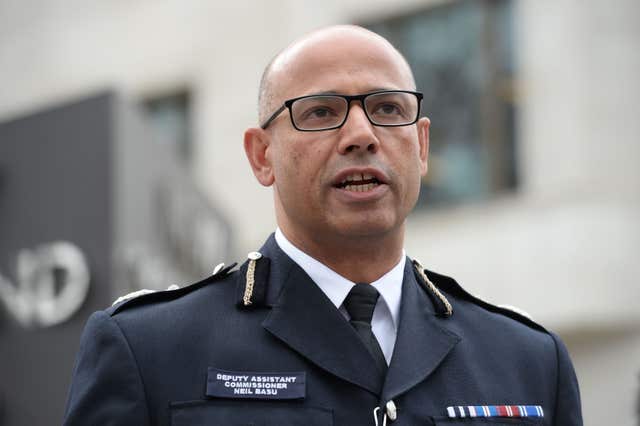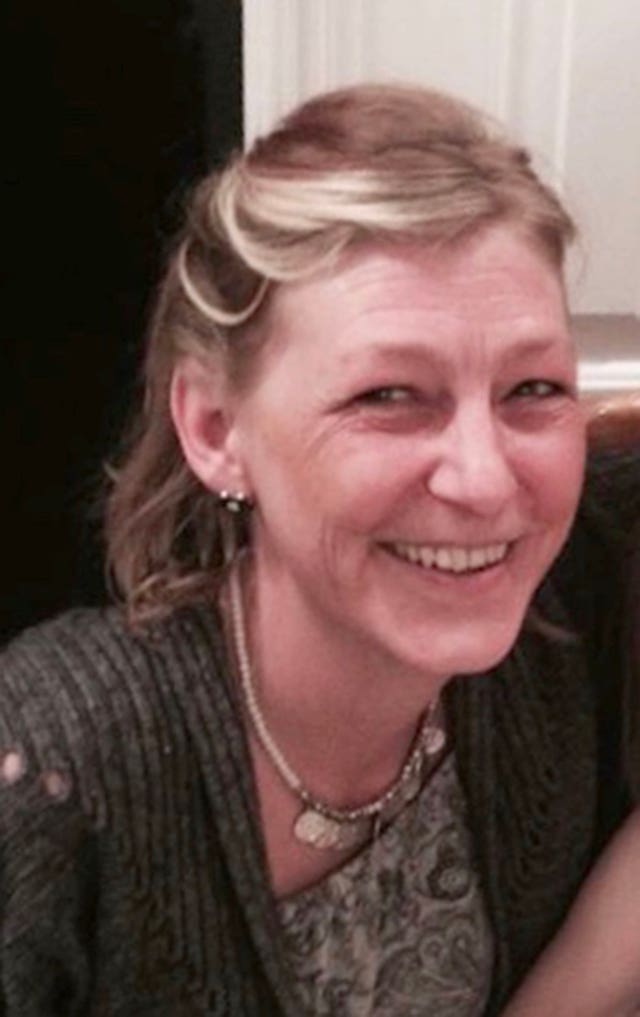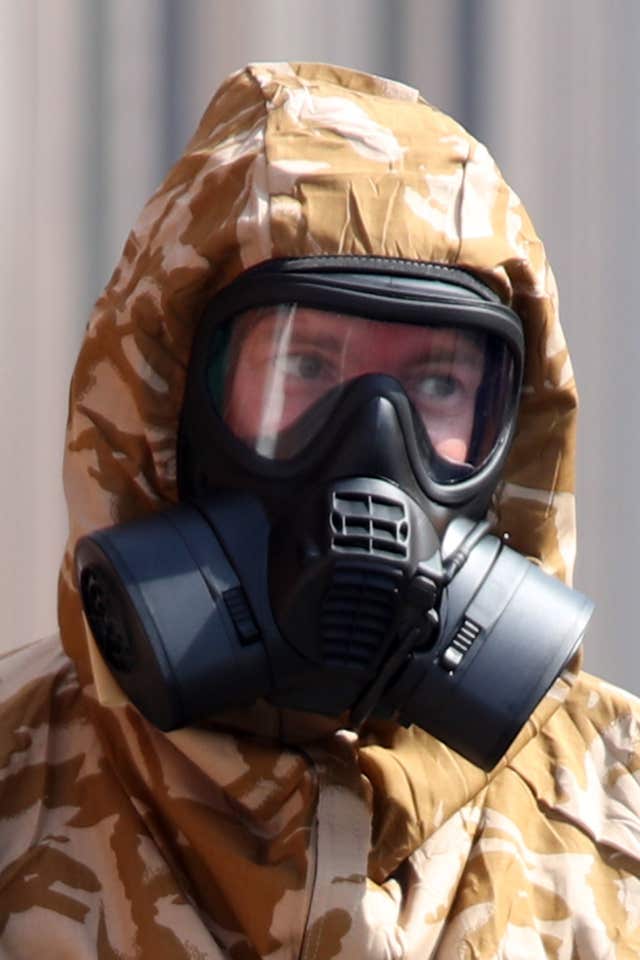
Search teams investigating the Novichok poisoning of a couple in Wiltshire have recovered more than 400 exhibits, samples and items – with police warning that searches could last months.
The nerve agent was found in a small bottle in the Amesbury home of Charlie Rowley, 45, who along with partner Dawn Sturgess, 44, was exposed to the deadly substance last month.
Ms Sturgess died while Mr Rowley is seriously ill in hospital.
UPDATE: Statement and update on Saliisbury investigation https://t.co/w7LQLNEbPr pic.twitter.com/TKJ0LRZaYc
— Metropolitan Police (@metpoliceuk) July 14, 2018
Experts are trying to determine whether the Novichok that poisoned them was from the same batch used in the attempted murder of Sergei Skripal and his daughter Yulia.
Assistant Commissioner Neil Basu, national lead for Counter Terrorism (CT) Policing in the UK, described the process as “painstaking and vital work”.
Scientists at the nearby Defence, Science and Technology Laboratory (DSTL) at Porton Down confirmed the substance in the bottle is Novichok.

But further tests will be carried out to try to establish whether it is from the same batch that poisoned the Skripals in March.
Scotland Yard said this “remains a main line of enquiry for the investigation team”.
Counter-terror detectives are trying to establish where the bottle came from and how it came to be in Mr Rowley’s home.
On Saturday, the Met said more than 400 exhibits have been recovered as part of the Amesbury investigation, of which a “significant number are potentially contaminated” and have been submitted to DSTL labs for analysis.
The force also said searches are expected to continue “for several weeks, if not months”.
Protective equipment for each individual takes around 40 minutes to put on, and with the recent hot weather, temperatures inside the forensic tents have been reaching in excess of 40C, police said.

Once inside the scene, those carrying out the searches are limited to around 15-30 minutes working time before they have to exit due to the effects of heat and exhaustion.
Officers will be looking to identify any other potential sites or sources of contamination, as well as gathering further evidence.
Mr Basu said: “It is not an exaggeration to say that the search process linked with both this and the Salisbury investigation has been one of the most complex and difficult that UK policing has ever faced.
“The work being carried out is extremely important. Not only are we trying to solve an extremely serious crime that has been committed, but we’re also working to identify any potential outstanding risks to the public; all whilst ensuring that all those involved in the search process are not themselves exposed to any risk of contamination.
“It is painstaking and vital work, which unfortunately takes a very long time to complete, but I am sure that the public understands why it is absolutely necessary.
“The scientists and forensic officers have all volunteered to be a part of the search teams, knowing that they are risking themselves to exposure to a deadly nerve agent. This shouldn’t be taken for granted and their bravery and dedication is remarkable.”

The UK has invited experts from the Organisation for the Prohibition of Chemical Weapons (OPCW) to independently confirm the identity of the nerve agent.
Ms Sturgess, a mother of three, died in hospital on Sunday night having been exposed to Novichok.
A post-mortem is scheduled to take place on Tuesday and an inquest into her death is set to open and adjourn in Salisbury on Thursday.
Mr Rowley, who regained consciousness this week, remains in a serious but stable condition in Salisbury District Hospital.
About 100 counter-terror detectives are working on the investigation along with officers from Wiltshire Police.
Investigators have spoken to Mr Rowley and will speak to him again in a bid to find out how he and his partner were poisoned.
Public Health England reiterated its advice to members of the public and urged residents not to touch, or pick up, unfamiliar objects.


Comments: Our rules
We want our comments to be a lively and valuable part of our community - a place where readers can debate and engage with the most important local issues. The ability to comment on our stories is a privilege, not a right, however, and that privilege may be withdrawn if it is abused or misused.
Please report any comments that break our rules.
Read the rules hereComments are closed on this article